The School of Computer Sciences has placed the Postgraduate Activity in the centre of its academic growth and its connection with the productive sector. Currently (2021), the School offers thirteen in-person programmes and four online programmes; with degrees approved by UNLP and accredited by CONEAU (twelve in-person programmes, two online programmes and three undergoing the accreditation process).
The first axis of Postgraduate Study includes the following academic programmes: one Doctorate in Computer Sciences, five Master´s Degrees (Software Engineering, Data Networks, High Performance Computing, Application of Computer Technology in Education and Data Intelligence oriented to Big Data) and seven Specializations (Software Engineering, Networking and Security, High Performance Computing and Grid Technology, Application of Computer Technology in Education, Computer Graphics, Images and Vision, Data Intelligence oriented to Big Data and Technology, Design and Evaluation of HCI). The Specialization and the Master´s Degree in Application of Computer Technology in Education, and the Specialization and Master´s degree in Software Engineering are either in-person or online programmes.
In all the cases, the offer combines in-person and blended teaching activities with the option of using current distance education technologies (web-based virtual environments, video conferences, class videos) to encourage interaction among students who do not live in La Plata.
The second axis includes the advanced training courses, specialization courses and refreshing courses given by Postgraduate which are a permanent and diverse offer for Computer Sciences graduates and graduates from related programmes as well. Every year, the School of Computer Sciences organizes a group of courses (intensive or four-month) given by professors from the UNLP, from other Universities of Argentina or foreign professors, which are accredited according to a set of academic standards stated by the Research and Postgraduate Advisory Board; the Under-Secretary of Postgraduate, the Postgraduate Director and the Honourable Academic Council (HAC) of the School.
The third axis includes the Research, Development and Innovation groups of the School (III-LIDI, LIFIA and LINTI) which give the chance to Doctorate students to carry out research activities and allow them to use the Laboratory equipment to perform experimental projects when they are attending the regular subjects of the Master’s Degrees, Specializations or advanced courses, specialization courses and refreshing courses.
A great number of Postgraduate students of the School of Computer Sciences graduated from different national universities and do not even live in the country. Moreover, the School has agreements for giving Postgraduate Courses which have been certified by other universities of the country. Different companies and organizations grant scholarships for Postgraduate studies in Computer Sciences in the UNLP.
If we consider the number of accredited programmes, the diversity and the level of evaluation of CONEAU, the UNLP Postgraduate studies of Computer Sciences are definitely a national reference for the discipline. Even more, the Doctorate in Computer Sciences has been the first programme to be accredited with an “A” level from all the national universities since 2001 and to the present.
The first axis of Postgraduate Study includes the following academic programmes: one Doctorate in Computer Sciences, five Master´s Degrees (Software Engineering, Data Networks, High Performance Computing, Application of Computer Technology in Education and Data Intelligence oriented to Big Data) and seven Specializations (Software Engineering, Networking and Security, High Performance Computing and Grid Technology, Application of Computer Technology in Education, Computer Graphics, Images and Vision, Data Intelligence oriented to Big Data and Technology, Design and Evaluation of HCI). The Specialization and the Master´s Degree in Application of Computer Technology in Education, and the Specialization and Master´s degree in Software Engineering are either in-person or online programmes.
In all the cases, the offer combines in-person and blended teaching activities with the option of using current distance education technologies (web-based virtual environments, video conferences, class videos) to encourage interaction among students who do not live in La Plata.
The second axis includes the advanced training courses, specialization courses and refreshing courses given by Postgraduate which are a permanent and diverse offer for Computer Sciences graduates and graduates from related programmes as well. Every year, the School of Computer Sciences organizes a group of courses (intensive or four-month) given by professors from the UNLP, from other Universities of Argentina or foreign professors, which are accredited according to a set of academic standards stated by the Research and Postgraduate Advisory Board; the Under-Secretary of Postgraduate, the Postgraduate Director and the Honourable Academic Council (HAC) of the School.
The third axis includes the Research, Development and Innovation groups of the School (III-LIDI, LIFIA and LINTI) which give the chance to Doctorate students to carry out research activities and allow them to use the Laboratory equipment to perform experimental projects when they are attending the regular subjects of the Master’s Degrees, Specializations or advanced courses, specialization courses and refreshing courses.
A great number of Postgraduate students of the School of Computer Sciences graduated from different national universities and do not even live in the country. Moreover, the School has agreements for giving Postgraduate Courses which have been certified by other universities of the country. Different companies and organizations grant scholarships for Postgraduate studies in Computer Sciences in the UNLP.
If we consider the number of accredited programmes, the diversity and the level of evaluation of CONEAU, the UNLP Postgraduate studies of Computer Sciences are definitely a national reference for the discipline. Even more, the Doctorate in Computer Sciences has been the first programme to be accredited with an “A” level from all the national universities since 2001 and to the present.




 Español
Español